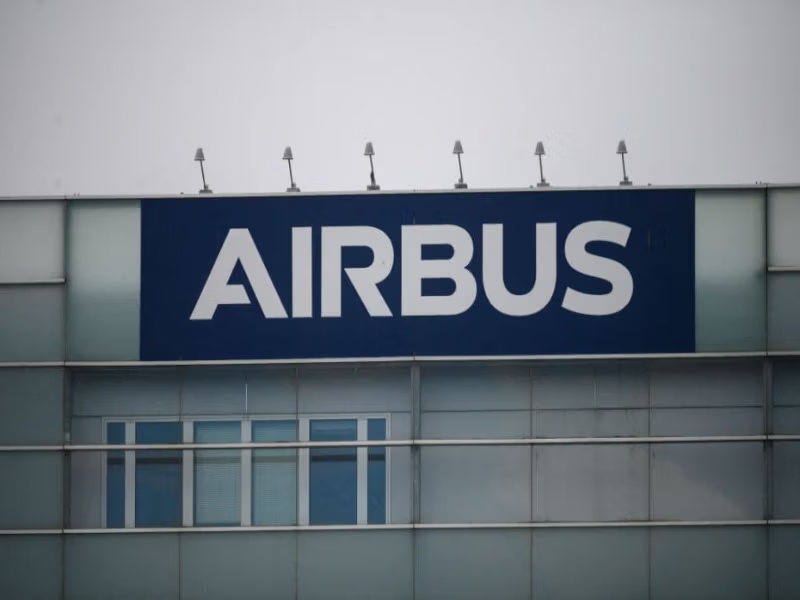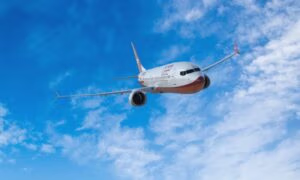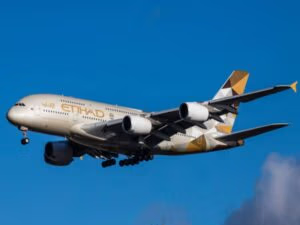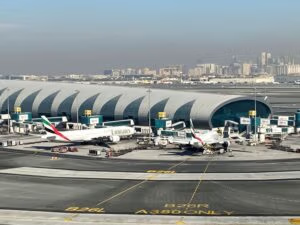Airbus has recently launched its Global Market Forecast 2025 for the region, highlighting the Middle East as one of the most evolving aviation markets in the upcoming two decades.
The forecast predicts that the in-service fleet of the region will grow exponentially to 3,700 aircraft by 2044, compared to the current level of 1,480 aircraft in the year 2024, reflecting a dramatic growth due to the increasing travel demand, economic viability, and geographic location of the region.
Airbus is forecasting the delivery of 4,080 new passenger aircraft to the Middle East within the next 20 years. The WAM report indicated that this will include 2,380 single-aisle jets and 1700 widebody aircraft.
Widebody aircraft will take 42 percent of total demand, which is the highest in the world and by far more than the world average of 20 percent.
This makes the Middle East the top region of wide-body development in the world, with it being strategically positioned to be the geographic center of gravity as worldwide air traffic keeps drifting towards the east.
The region is projected to receive a compound annual rate of 4.4 percent increase in passenger traffic due to the strong economic development, increasing tourism flows, and increasing trade activity.
Over time, the population in the region is expected to grow by 240 million, and this will further escalate the need of air travel.
President of Airbus in Africa and the Middle East region, Gabriel Sémelas, added that “The Middle East is transforming global aviation, and the forecast fleet expansion is truly significant, particularly when it comes to wide bodies. This region is becoming the long-haul hub now and into the future. Airbus is proud to be partnering closely with customers in the region, delivering the most efficient, latest-generation aircraft, end-to-end support, and sustainable solutions.”
With the aviation networks and traffic steadily growing, Airbus predicts that more than 265,000 individuals to be employed in the sector in the next two decades. These encompass 69,000 new pilots, almost 64,000 new technicians, and 132,000 cabin crew.
The regional commercial aviation services market is estimated to be of a value of approximately $30 billion in the next 20 years.
The growth is projected in the context of maintaining the availability of aircraft, training, flight operations, and Air Traffic Management solutions, cabin upgrades, and connectivity services.






